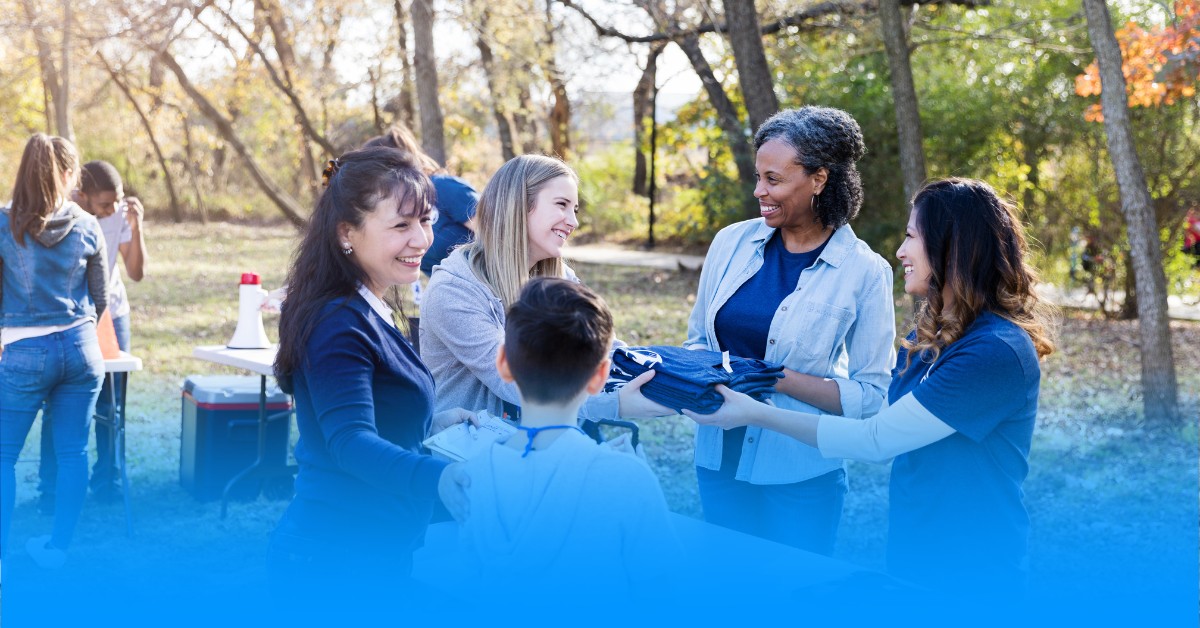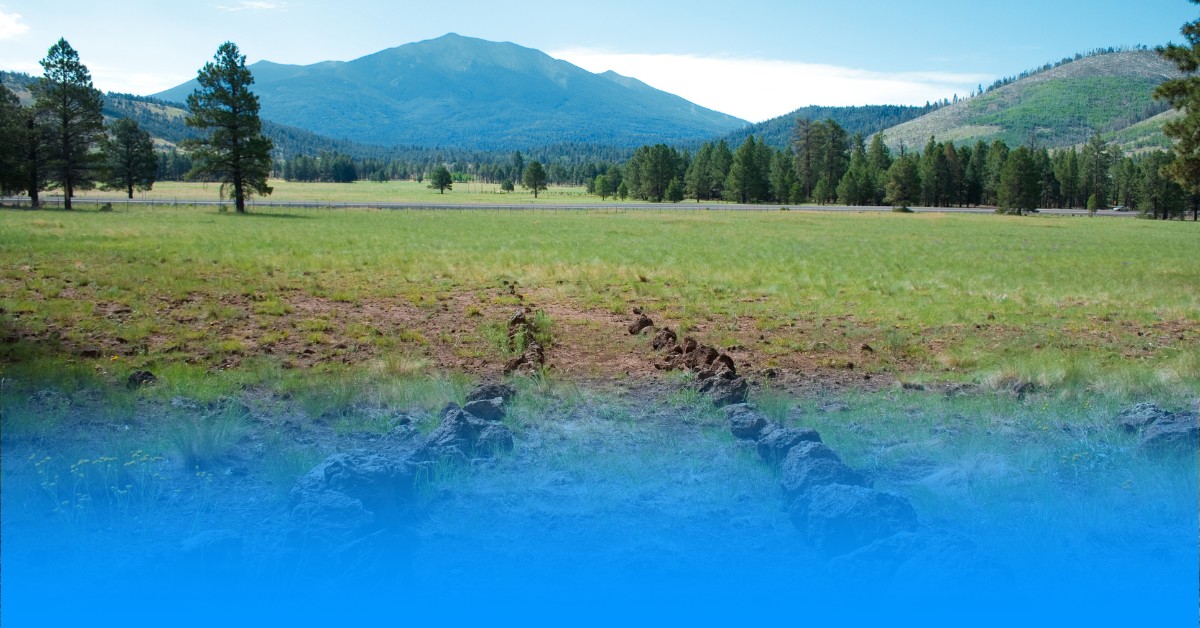Organizing Community Events in Arizona: A Starter Guide
Community events are a fantastic way to bring people together, foster a sense of belonging, and create lasting memories. Whether you’re planning a local festival, a charity run, a farmers market, or a neighborhood block party, organizing a community event in Arizona can be a rewarding experience. This starter guide will walk you through the essential steps to plan and execute a successful community event, from idea conception to post-event evaluation.
The Benefits of Community Events
Building Community Spirit
Community events help strengthen relationships among residents, fostering a sense of unity and pride. They provide a platform for people to connect, share experiences, and celebrate their community.
Supporting Local Economy
Events like farmers markets, craft fairs, and local festivals can boost the local economy by supporting small businesses and local vendors. They attract visitors who spend money in the community, benefiting local shops and services.
Promoting Health and Wellness
Organizing events such as charity runs, health fairs, and fitness classes encourages healthy living and physical activity among community members. These events also raise awareness about important health issues.
Raising Awareness and Funds
Community events can be powerful tools for raising awareness about social issues and generating funds for local causes. Charity events, fundraisers, and benefit concerts can bring attention to critical issues and support community initiatives.
Steps to Organize a Community Event
1. Define the Purpose and Goals
Determine the Purpose
Start by defining the purpose of your event. Is it to celebrate a local holiday, raise funds for a cause, promote local businesses, or simply bring the community together? Having a clear purpose will guide all your planning decisions.
Set Clear Goals
Establish specific, measurable goals for your event. These could include attendance numbers, fundraising targets, or community engagement objectives. Clear goals will help you measure the success of your event.
2. Form a Planning Committee
Assemble a Team
Recruit a group of dedicated volunteers or committee members to help plan and execute the event. Assign roles based on skills and interests, such as marketing, logistics, volunteer coordination, and sponsorship.
Schedule Regular Meetings
Hold regular planning meetings to discuss progress, address challenges, and ensure everyone is on the same page. Effective communication and collaboration are key to successful event planning.
3. Create a Budget
Estimate Costs
Develop a detailed budget that includes all potential expenses, such as venue rental, permits, marketing, entertainment, equipment, and supplies. Be realistic about costs and include a contingency fund for unexpected expenses.
Identify Funding Sources
Determine how you will fund your event. Potential sources of funding include sponsorships, grants, ticket sales, and donations. Create a sponsorship package and approach local businesses and organizations for support.
4. Choose a Date and Venue
Select a Date
Choose a date that works well for your target audience and avoids conflicts with other local events. Consider the season and weather conditions in Arizona, especially if your event is outdoors.
Secure a Venue
Select a venue that suits the size and nature of your event. Ensure it has the necessary facilities, such as restrooms, parking, and accessibility features. Obtain any required permits or permissions from local authorities.
5. Plan the Event Program
Develop a Schedule
Create a detailed schedule for the event, including start and end times, activities, entertainment, and breaks. Ensure there is something for everyone and that the schedule flows smoothly.
Book Entertainment and Speakers
Hire entertainers, speakers, or performers who align with the theme and purpose of your event. Confirm their availability and requirements, such as sound systems or stage setup.
6. Promote the Event
Create a Marketing Plan
Develop a comprehensive marketing plan to promote your event. Utilize various channels, including social media, email newsletters, local newspapers, flyers, and community bulletin boards.
Engage with the Community
Leverage community networks and partnerships to spread the word. Collaborate with local organizations, schools, and businesses to reach a wider audience.
7. Recruit and Manage Volunteers
Volunteer Recruitment
Recruit volunteers to help with various aspects of the event, such as setup, registration, crowd management, and cleanup. Clearly communicate the roles and responsibilities of each volunteer.
Provide Training
Offer training sessions to ensure volunteers understand their tasks and are well-prepared for the event. Provide them with necessary resources, such as maps, schedules, and contact information.
8. Prepare for Event Day
Finalize Logistics
Confirm all logistical details, such as equipment rentals, vendor arrangements, and transportation. Ensure you have all necessary permits and insurance coverage.
Conduct a Walkthrough
Conduct a pre-event walkthrough of the venue with your planning team to identify any potential issues and ensure everything is in place.
9. Execute the Event
Coordinate Activities
On the day of the event, coordinate activities according to the schedule. Ensure volunteers are in their designated areas and have the support they need.
Monitor and Adjust
Stay flexible and be prepared to handle any unexpected challenges. Monitor the event closely and make adjustments as needed to ensure a smooth experience for attendees.
10. Evaluate and Follow Up
Gather Feedback
Collect feedback from attendees, volunteers, and sponsors to evaluate the success of the event. Use surveys, interviews, or comment cards to gather insights.
Reflect and Plan for the Future
Review the feedback and your initial goals to assess what worked well and what could be improved. Document lessons learned and start planning for future events based on this evaluation.
Why You Should Use Pacaya
Discovering and organizing community events in Arizona is made easier with Pacaya, the dynamic social networking mobile application. Pacaya connects you with local activities and events, allowing you to find and join community initiatives, discover new opportunities, and participate in local gatherings tailored to your interests. With Pacaya, you can share your event planning experiences, get recommendations from fellow organizers, and even organize your own community events. Enhance your community involvement in Arizona by using Pacaya to discover and enjoy the best events the state has to offer.



